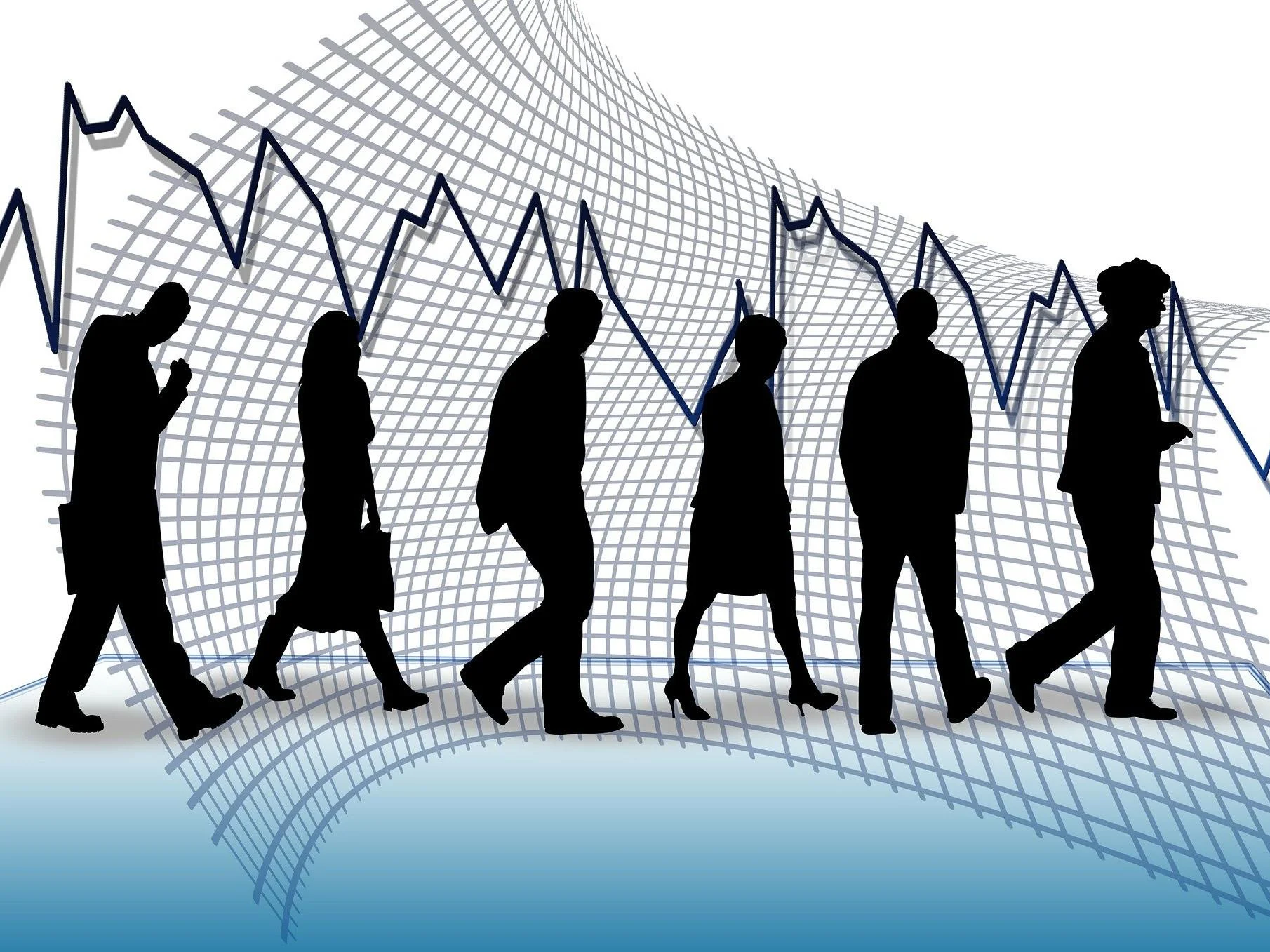Stigmatising unemployed people in political speech and the media affects public opinion

Stigmatising unemployed people through the language used in political speeches and national newspapers negatively affects public attitudes towards welfare recipients, a new study from the London School of Economics (LSE) has found.
In the study, the researchers analysed the language used by politicians to discuss unemployment during party conference speeches between 1996 and 2016. During this period, politicians framed unemployment in three ways. 1) By marginalising the unemployed, using terms like ‘benefit culture’. 2) by focusing on economic effects and 3) setting out policy initiatives
The researchers then collated a dictionary of keywords and phrases from the political speeches. The dictionary included phrases such as ‘something for nothing culture’, ‘life on the dole’ and ‘cycle of dependency’.
The researchers analysed how often those phrases were used in six national newspapers over two decades from 1996 (The Daily Mail, The Daily Telegraph, The Mirror, The Sun, The Express and The Guardian).
They found terminology used to marginalise the unemployed significantly increased and became more popular in the media over the period studied – peaking in 2013. While other ways of talking about unemployed people stagnated or declined. The researchers note 2013 was at the height of changes to social security provision and was the year universal credit was introduced.
Finally, the study explored whether the increase in negative framing of the unemployed in the media had any impact on national attitudes towards welfare recipients. British Social Attitudes (BSA) Survey data from 1996 to 2017 was utilised to explore public feeling in answer to questions about employment and welfare. For example, the researchers analysed respondent answers to statements such as ‘How much would you agree or disagree that most unemployed people could find a job if they really wanted one.’
They found a strong association between the negative framing of unemployed welfare recipients in national newspapers and harsher attitudes in the population.
The authors argue the consequences of this increasingly negative view towards the unemployed could lead to open stigmatisation in their everyday lives and impact on their social interactions and self-esteem, potentially reducing their ability to find work or seek support.
Commenting on the findings, Paper co-author Celestin Okoroji from the Department of Psychological and Behavioural Science at LSE said: "By looking at public discourse about unemployment over time, we have shown that political and media narratives toward unemployed people are significantly associated with public attitudes. In this case, public attitudes and media reporting have both become more negative over the last two decades.
"As the economy faces significant challenges from COVID-19 and more people become unemployed, politicians and journalists need to think through how what they say affects public attitudes and what that might mean for the ability of unemployed people to find work.
"One of the key ingredients for getting back into work is confidence. But that’s difficult if public figures and news media seek to marginalise people because they’ve fallen on hard times."